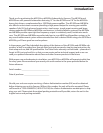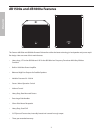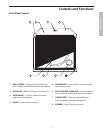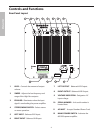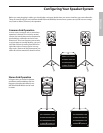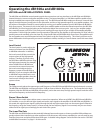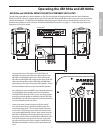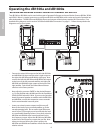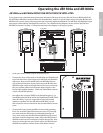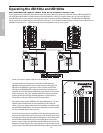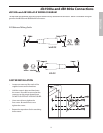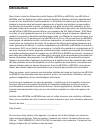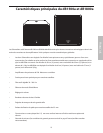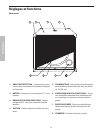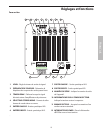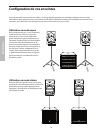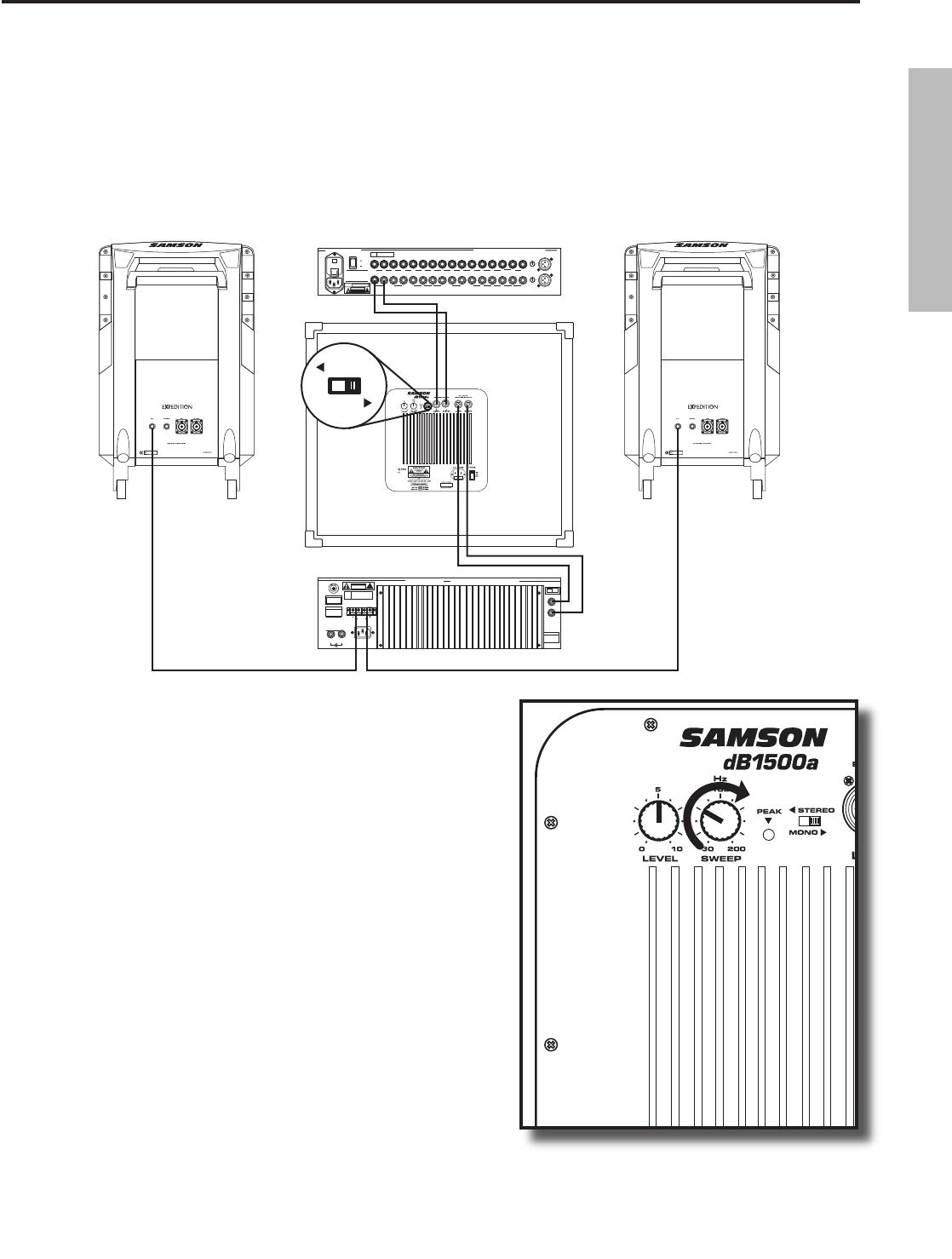
Operating the dB1500a and dB1800a
dB1500a and dB1800a MONO SUB WITH PASSIVE SATELLITES
If your system uses a standard stereo power amp and passive full range enclosures, like the Samson dB500 and XP100,
the dB1500a or dB1800a is easily interfaced for extended bass. Below is a typical system set-up using the dB1500a and
dB1800a with a mixer, stereo power amp and a pair of passive satellite loudspeakers. The dB1500a and dB1800a’s inputs
and outputs utilize industry standard XLR connectors. For a detailed wiring diagram, see the section "dB1500a and
dB1800a Connections" on page 1. Follow the steps below the diagram to set up your system.
• Lower your mixer’s master outputs to all the way off.
• Connect the mixer’s left output to the dB1500a and dB1800a’s left
input and the mixer’s right output to the dB1500a and dB1800a’s
right input. Now connect the dB1500a and dB1800a’s left out-
puts to the left side input of your power amp, and dB1500a and
dB1800a’s right output to the right side input of your power amp.
Run your speaker cables from the power amp’s outputs to the
left and right satellite speakers. Switch the Stereo/Mono selector
switch to the MONO position.
• Now adjust the crossover SWEEP to the desired frequency. For
the db500a select 60-80Hz and for the Expedition XP200 & XP300
select 80-100Hz. If you are using another brand of powered
speaker as satellites with the dB1500a and dB1800a, consult
their respective owners manuals for the recommended crossover
point.
• Set the level of your power amplifiers to the normal operating
level. Run an audio signal (like some music from a CD) through
your mixer and raise the level to a comfortable listening vol-
ume. Now, slowly raise the dB1500a and dB1800a Level control
and listen to the low frequency output. Adjust the dB1500a and
dB1800a to the level of low frequency output that you like. Now
when you raise and lower your mixer’s output, the dB1500a and
dB1800a and satellites will track at the same relative volume.
ENGLISH
9



